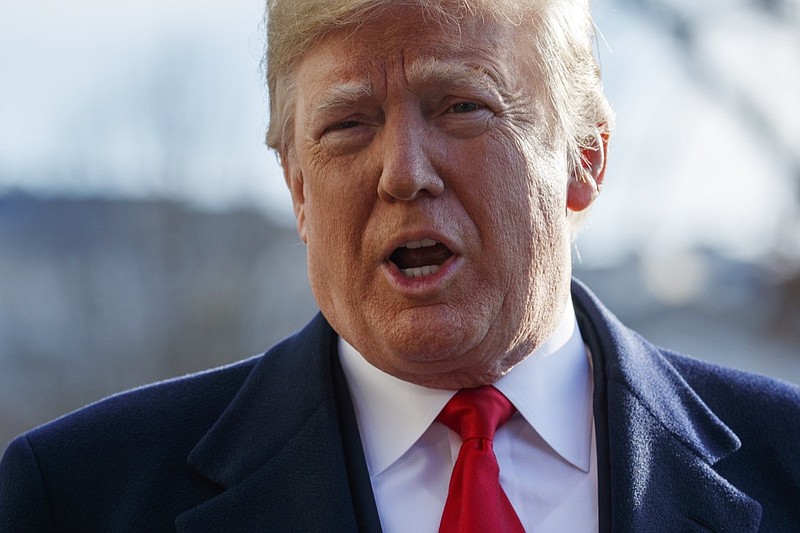The irony is so delicious.
A segment of the very rich, the same group the left has been saying would only grow richer from President Donald Trump's nearly year-old tax cuts, is now squawking because of all the extra taxes they'll have to pay.
As part of the tax bill passed by the Republican Congress last December, the standard deduction individuals can take when paying their income tax was raised, but deductions for many individual items were removed.
In addition, individuals can no longer deduct more than $10,000 for state and local taxes or declare miscellaneous itemized deductions for work-related expenses and investment fees.
All these changes have hit pro athletes, whose certified public accountants are still toting up the losses, harder than most.
"One of my players makes $2 million a year," Steven Goldstein, a CPA with Grassi and Co. in New York who works with more than a dozen professional athletes and celebrities, told Steven Kutz of MarketWatch, "and it will cost him $80,000 more now because he can't deduct state taxes [over $10,000], agent fees, workout clothes, meals and entertainment, and his cellphone."
Most fans are likely to say, "Cry me a river," and in many cases they'd be justified. While some pro athletes toil in their various sports' minor leagues, where the actual pay can be minimum wage or below, some pro players make 10s of millions of dollars a year in salaries and bonuses, and many more make millions annually. A third of NFL players make the league minimum of $480,000 - still not shabby - but the average NFL career is only about three years.
Then they're left like the rest of us in the U.S., whose median household income is $63,000. They have to go to work.
So most pro athletes are not likely to elicit much sympathy from working stiffs, whose salary increases since the Great Recession haven't been excessive and who, even when generous, never had enough deductions to qualify for anything more than the old, smaller standard deduction.
However, taxes already are having an effect on where some pros play and where they live. While the most important aspect of a pro career for younger players is making a team and becoming established, veterans in many cases have the ability to be selective. And the way some are being selective is choosing to play for a team located in a state with no income tax (Florida, Nevada, Texas and Washington are those with pro teams).
Tennessee is another state with major pro teams and no income tax, but it does tax dividend income and interest.
Players, thus, can play their home games in such a state and save income tax on those games and on their endorsement earnings. But they still have to pay income tax for the amount they make during road games in states with income tax.
Some players even have chosen to live in a state with no income tax but play in one that has it. When that occurs, tax laws require players to prove they were in their "domicile" state for at least 183 days (a majority) of the year.
"New York is aggressive with auditing when high earners try to claim residency somewhere else," CPA Sean Packard, tax director with OFS Wealth in McLean, Virginia, told MarketWatch. "I've had players go through it."
However, MarketWatch tax guru Bill Bischoff says tax rules are likely the reason the Nov. 23 Tiger Woods-Phil Mickelson golf match was staged in Nevada, a no-income-tax state. Mickelson, who had complained about the exorbitant state income taxes he pays as a California resident (up to 13 percent), pocketed $9 million for his win.
Of course, the tax news for pros isn't all bad. The year-old tax law lowered rates on the highest tax bracket from 39.6 percent to 37 percent, causing the left's initial gripe.
And, even though many of the deduction loopholes have been closed, tax pros says the 1 percenter athletes still have options. Where taxes are concerned, aren't there always?
They say setting up an LLC (limited liability company) could be right for some players, given their endorsements and business interests, but the costs of those type of set-ups often mitigate the savings they would get.
Pros, as the saying goes, need to consult their local (business) listings.
As for some Democrats, they were quick to trot out the usual lines last December.
"Instead of providing a tax cut that overwhelmingly benefits the middle class," said U.S. Sen. Joe Donnelly, D-Indiana, "this bill cuts taxes for the wealthiest Americans."
"This tax plan doesn't live up the commitment I got from President Trump," complained U.S. Sen. Claire McCaskill, D-Missouri, "when he told me he wouldn't support tax reform that benefited the very rich at the expense of the little guy."
Donnelly and McCaskill by now have learned the truth about the rich and their taxes, but it's too late. Both lost their elections last month.
